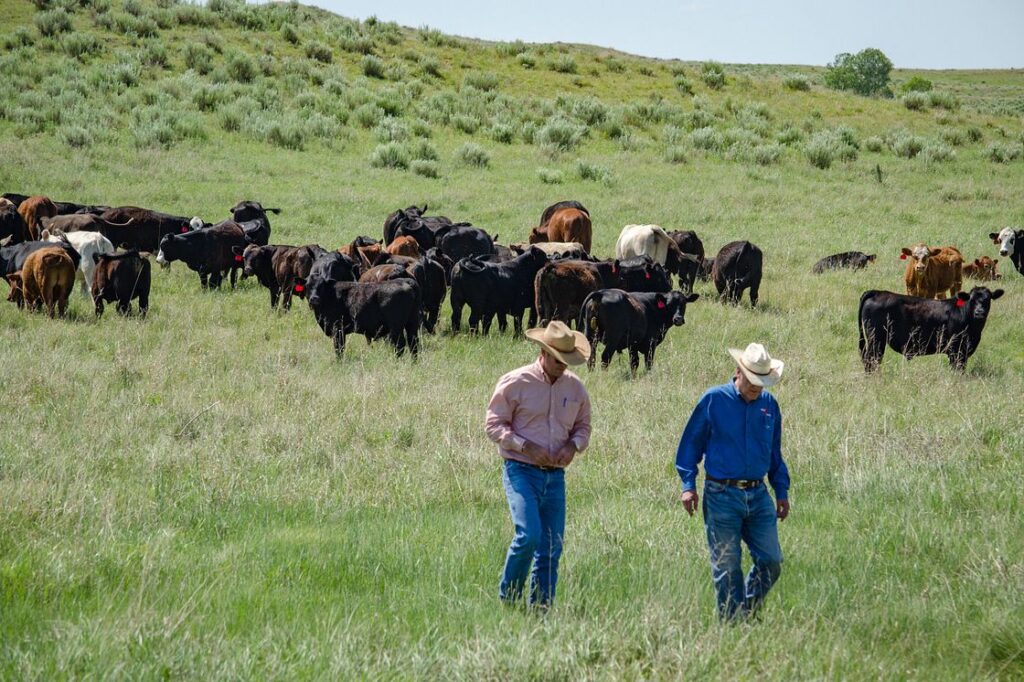
In a closely watched decision, the 9th U.S. Circuit Court of Appeals ruled that Idaho’s state stock-water laws apply on federal lands—rejecting arguments from U.S. agencies that they have final say. The case centered on whether ranchers grazing cattle on federally managed land could rely on state-recognized water rights, or if the federal government could overrule them. The court sided with the ranchers and affirmed the primacy of state law, unless Congress clearly says otherwise.
Why This Is a Win for Ranchers
For decades, Western ranchers have fought to keep local control over water rights, especially in states like Idaho where access to streams and springs is essential for grazing. This ruling means their state-granted rights can’t be easily challenged or stripped away by federal land agencies. It’s a win for property rights, agricultural stability, and rural communities that depend on clear, predictable access to water.
The Upside: Local Control and Real-World Knowledge
Supporters argue this is a big step toward recognizing that one-size-fits-all federal policies don’t always work on the ground. State agencies are more familiar with the land, the climate, and the people who live off it. Giving states more say means fewer bureaucratic hurdles and more practical solutions for those who actually work the land. That’s especially important as water becomes a more contested resource in the West.
The Challenge: Fragmented Policy Across States
However, some caution that this ruling could create a patchwork of water policies on federal lands, depending on which state you’re in. Critics worry that without federal oversight, disputes between ranchers, conservation groups, and Native tribes could become harder to manage. And while Idaho ranchers may have scored a win, the legal groundwork could set up conflicts in other states with different priorities or water laws.
Final Thoughts
Some groups have long pushed for more state-level control over land and water, and this ruling affirms that principle. But it also highlights the need for balance: local rights should be protected, but they should come with local responsibility too. As the West faces ongoing droughts and environmental pressure, the next challenge will be making sure these state-run systems stay fair, functional, and sustainable.

